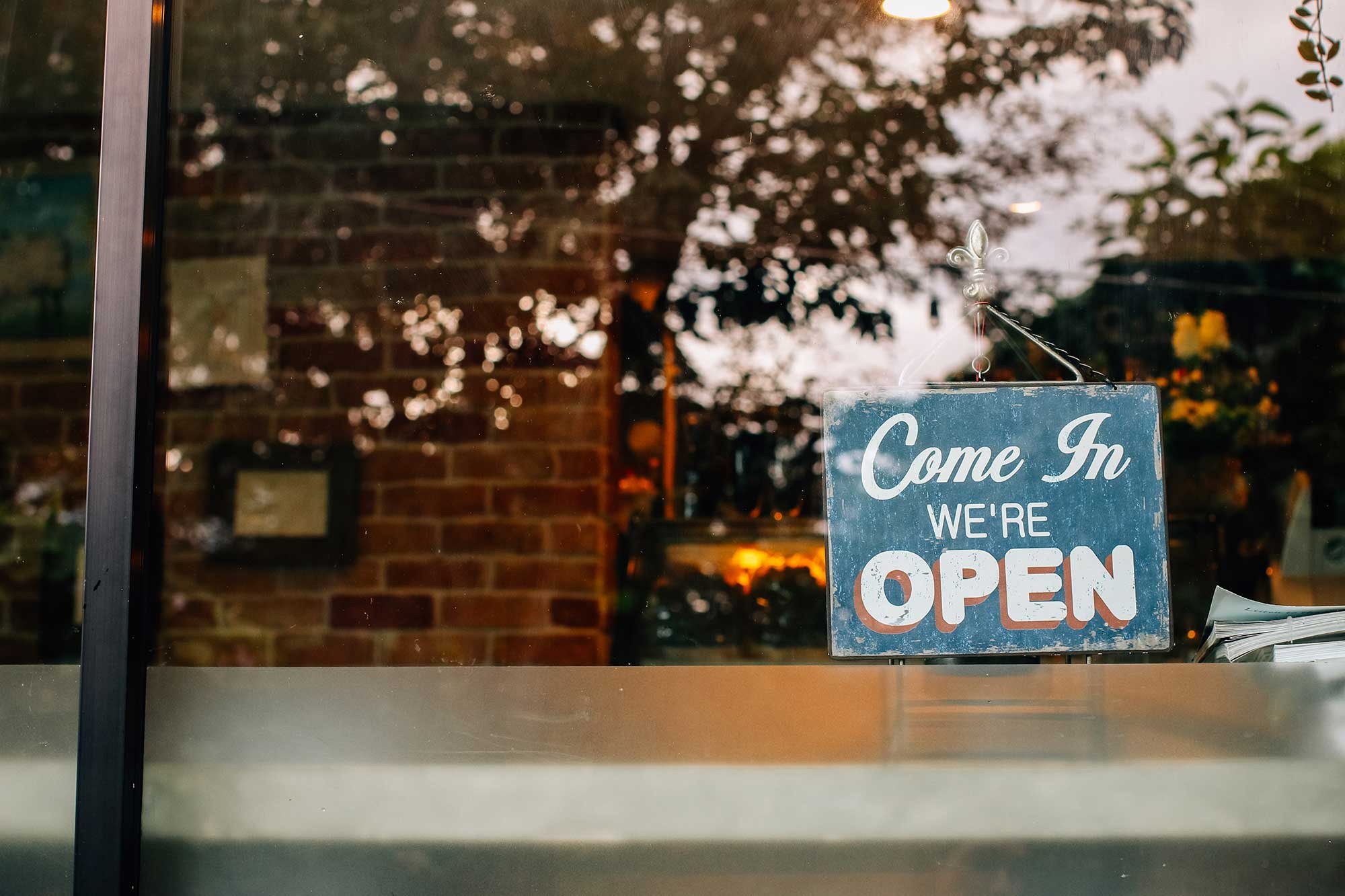Abandoned by Trump, a farmer and a migrant search for a better future – Washington Post www.washingtonpost.com/investigatio…
— Michael Huggins (@michaelhugg2591.bsky.social) June 21, 2025 at 11:59 AM
The Washington Post at its best [gift link]:
KIRK, COLORADO – There was a saying he’d heard, about how every farmer rooted for all the other farmers to do well, too, until one of those others started farming next door. So JJ Ficken didn’t talk much about the grant money with other farmers.
But his bills had mounted, and his ambitions had unraveled, and in Kirk, a town of 61, it was easy to feel alone. Now on that afternoon in mid-April, JJ, 37, unstrapped the bags of seed corn on his trailer for a customer…
The federal government had promised JJ a $200,000 grant, spread across two years, to cover the cost of a seasonal farmhand from Latin America. In a place where local, legal help was nearly impossible to keep, the extra worker would give him the freedom to handle more jobs and invest in his own equipment. It was an opportunity that could transform his family’s future, but, JJ explained to his friend, President Donald Trump had frozen the money.
“Good,” the man said, grinning. “Too much spending here and there. I’m okay with a little hurt.”…
Hurt was something JJ already understood. It had been part of the landscape long before Trump took office. JJ was an American farmer, perpetually subject to weather, labor, loans, overhead, markets, health, politics. None of it was predictable, and all of it was a threat. The industry’s survival has long depended on the deals made between millions of Americans willing to brave all that uncertainty and a federal government willing to sustain them, through grants, subsidies, insurance, financing, payouts and disaster relief.
But then Trump, in the earliest days of his second term, threatened to break tens of thousands of those deals, suspending billions in agricultural funding and decimating the staffs that managed it. Swept up in the freeze was JJ and the $50 million grant program he’d signed up for along with 140 other farmers across the country. All of them had agreed to hire and, in many cases, house domestic workers or lawful immigrants willing to take jobs that Americans would not, but with the reimbursements in doubt, farmers worried they’d miss payrolls, default on loans or face bankruptcy. Many feared the checks would never come.
“I tried to do things right,” JJ said, because he could have taken on an undocumented laborer at any time for $14 an hour, as many of his neighbors had, but he didn’t believe in supporting illegal immigration. Almost nothing mattered more to him than his word, and he’d kept it to the U.S. government: He’d committed to buy a plane ticket for a 24-year-old from Guatemala named Otto Vargas. He’d rented him a single-wide. He’d bought him an old pickup to use. He’d spent tens of thousands of dollars to do what the grant required, covering most of it with a line of credit at 8.5 percent interest.
Now, he didn’t know if Otto would ever get here, or if the government would ever pay him back…


